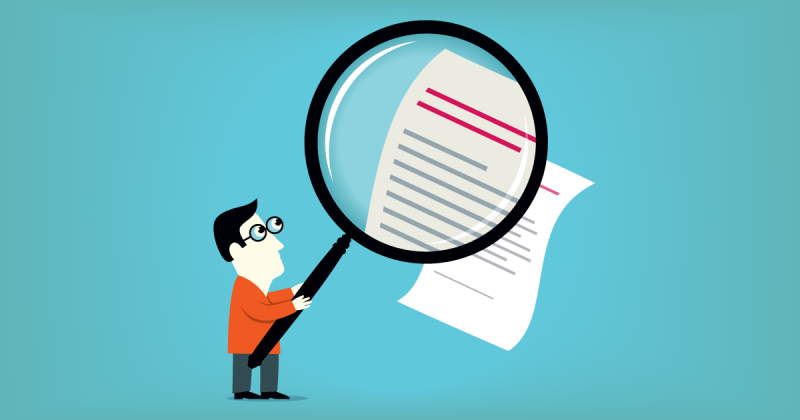
Shortcomings in the publication of the work of the The Committee of Parliament for the Investigation of Declarations of Assets (CIDA)



The Committee of Parliament for the Investigation of Declarations of Assets (CIDA) of Article 3A of law 3213/2003 is a special body which performs a dual role. It is one of the control bodies that verify the declarations of assets of politicians and judicial officials, while at the same time it is the body that audits the finances of political parties and MPs, according to the provisions of law 3023/2002. The operation of the Committee is regulated by its own Rules of Procedure, while it is worth noting that it is the only body that has the authority to audit money in politics.
It is already clear from these responsibilities (auditing the asset declarations of politicians, and political parties, etc.) how crucial the role of this Committee is, both in detecting and combating corruption, and in ensuring the necessary transparency in the critical area of money in politics. For this reason, the Committee is required to publish reports on its work on the relevant website.
In accordance with paragraph 5 of Article 3A of law 3213/2003, the Committee is to submit an annual report of their activities in March of each year including the following information: “the number of persons required to make a declaration, the number of persons who have made declarations, the measures taken for those who have not made a declaration and the results of the audits carried out in the performance of the committee’s duties.”
According to Article 21 of law 3023/2002, the Committee is also required to submit an annual report of its activities to the Parliamentary Committee of Institutions and Transparency and to the Ministers of Finance and the Interior. It also maintains an official website which is accessible to the public, where it publishes various information, including its annual reports and the findings of the audits it carries out. The Committee is required to regularly update this official website, making the data accessible to citizens.
The absence of the publication of the audit findings for the finances of the parties; the simple posting of data without further explanation (both in the context of the asset declarations and the finances of political parties); the lack of reference to the existence or results of investigative audits (especially in the case of asset declarations); delays in auditing and sometimes reporting (especially on party finances), as well as the extremely concise and ‘minimal’ nature of the reports are some of the factors that raise doubts as to whether or not the requirements of laws 3023/2002 and 3213/2003 are being met by the Committee, and whether or not political money is being effectively examined and audited.
The minimal content of the reports in itself could also raise doubts about whether or not an examination has been effectively carried out, as the reader cannot know which of the legal requirements were actually examined by the Committee, or under what terms.
The remarks made by Vouliwatch, a parliamentary monitoring organisation in previous years regarding the “problematic” mode of operation of this Committee (see, among others, 1, 2) seem to remain relevant in 2021.
Politicians’ asset declarations and transparency in party finances are important aspects of the fight against corruption. Ensuring full transparency in matters relating to political money through the publication of all relevant documents and audits and the existence of adequate scrutiny are an integral part of adherence to the rule of law. For this reason, suspicions of inadequate auditing processes and the shortcomings observed on the website of the Committee of Parliament for the Investigation of Declarations of Assets (CIDA) raise concerns.
Bank Account number: 1100 0232 0016 560
IBAN: GR56 0140 1100 1100 0232 0016 560
BIC: CRBAGRAA
![]()
In a time where the very foundations of democracy are gradually being eroded by the rise of extreme nationalism, alt-right movements, the spread of disinformation and corporate capture, the efforts of organisations such as Vouliwatch are more relevant than ever.
We rely on the generosity of each and every one of you to continue with our efforts for more transparency and accounta
By financially supporting Vouliwatch you support our litigation strategy, our campaigns for transparency and accountability in the political system, the development of new civic tech tools, our research projects and last but not least our impartial and accurate